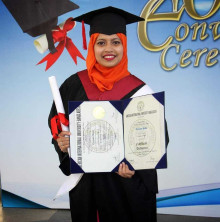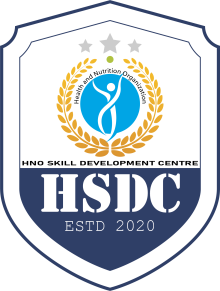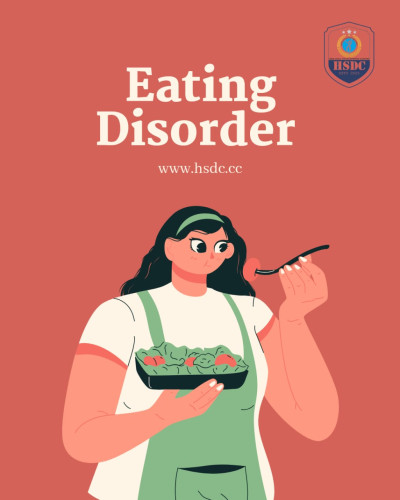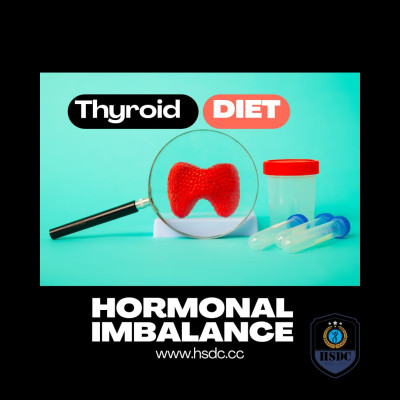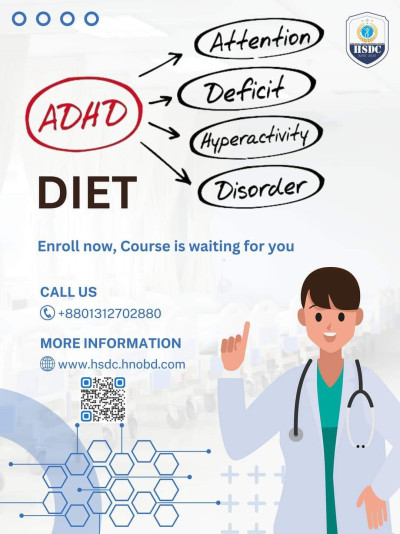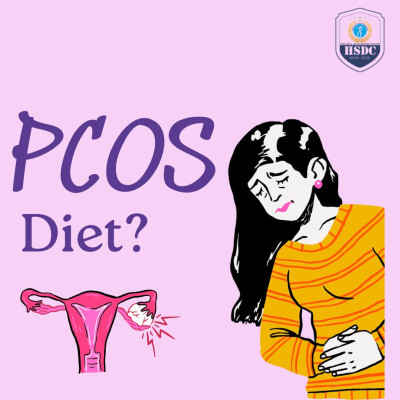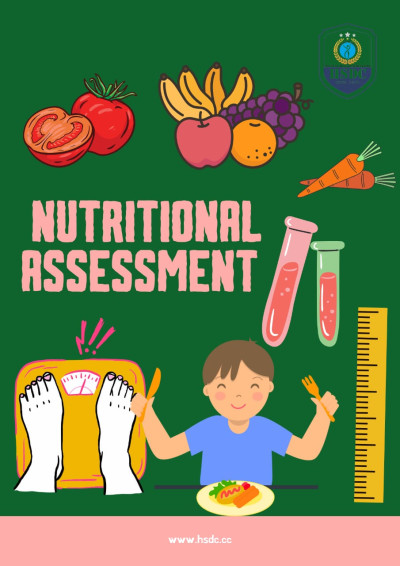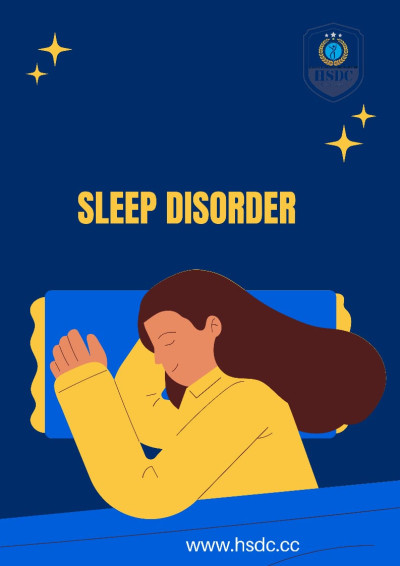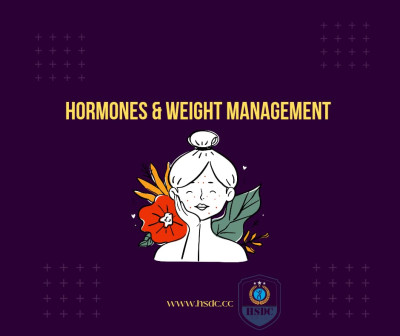Course description
The "Eating Disorders" course offers a comprehensive examination of the complex and multifaceted nature of eating disorders. Through a combination of theoretical frameworks, case studies, and interactive discussions, participants will develop a deeper understanding of the underlying causes, symptoms, and consequences of various eating disorders, including anorexia nervosa, bulimia nervosa, binge eating disorder, and other specified feeding or eating disorders (OSFED).
The course begins by exploring the biological, psychological, and environmental factors contributing to the development and perpetuation of disordered eating behaviors. Participants will examine the role of genetics, neurobiology, personality traits, body image disturbances, trauma, and sociocultural influences in the onset and maintenance of eating disorders.
Moreover, the course provides insights into the diverse clinical presentations of eating disorders, including diagnostic criteria, comorbidities, and associated medical complications. Participants will learn to recognize the signs and symptoms of eating disorders across different age groups, genders, and cultural backgrounds.
Throughout the course, attention will be given to evidence-based assessment and treatment approaches for eating disorders. Participants will explore the principles of multidisciplinary care, including psychotherapy, nutritional counseling, medical management, and psychiatric interventions. Additionally, the course will address the importance of collaboration among healthcare professionals, family members, and community resources in supporting individuals with eating disorders on their journey to recovery.
